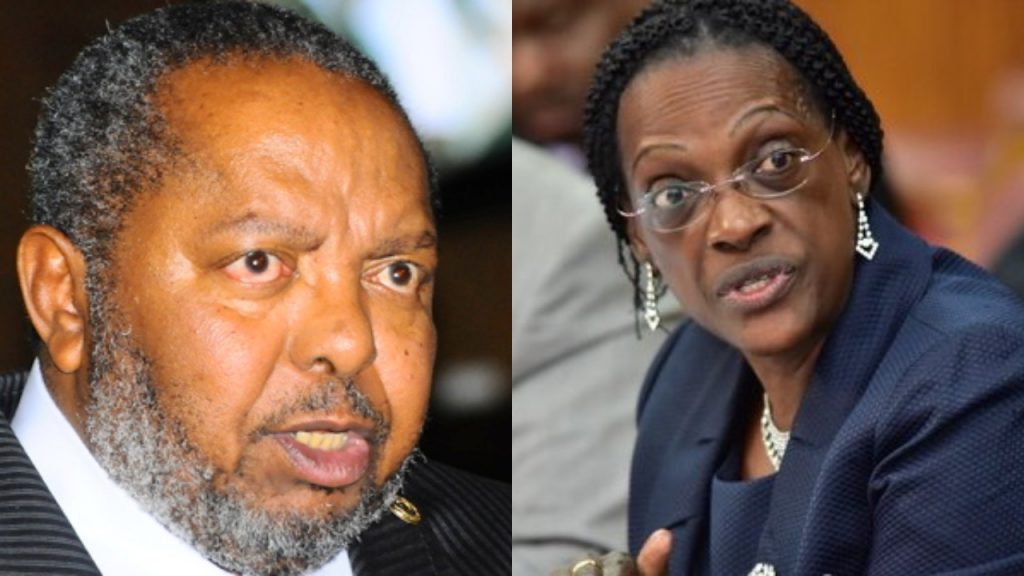The Members of Parliament sitting on the Committee on Commissions, Statutory Authorities and State Enterprises has this morning been dragged into another shocking episode revealed during the Bank of Uganda official’s probe.
As they probed on how seven commercial banks were closed down, the information regarding the fate of incorporation of Cooperative Bank indicated that the said financial providers existed and operated with two licenses.
It was discovered that two separate institutions were licenced to operate under the same name in the same sector, with the one of license having been issued in 1964 and the other in 1997.
As investigations proceeded, it became hard to understand whether of the Cooperative Banks was closed down by Bank of Uganda.
Despite incorporating a new trade name in 1997, Cooperative Bank limited lost its existence in 1999 due to liquidity shortfalls with many unanswered questions.
Shortly after the Cooperative Bank fate, Crane Bank officials also unmasked other information indicating that they were illegally closed at Midnight.
This forced Former Crane Bank proprietor Sudir Rupaleria to challenge that Bank of Uganda should provide accountability for money purportedly invested in Crane Bank citing that some of this money did not end up in Crane Bank.
Mr. Rupaleria added that he wants the Central Bank to return US dollars 23.3m to the shareholders of Crane Bank which they injected prior and after take over because his bank was closed in total disregard of the law.
“Bank of Uganda had the option of lending money to Crane Bank, or take over the bank and manage it or encourage shareholders to fasten the process of getting investors before closing the bank.” Joseph Biriboona, former Chairman of defunct Crane Bank told the committee.
It should be parliament is probing the closure of seven commercial banks including Teffe Trust Bank that was closed in 1993 over insolvency, International Credit Bank Ltd (1998) over poor liquidity and insolvency and Greenland Bank closed in 1999 because of insolvency and violation of Financial Institutions Statute, Cooperative Bank closed in (1999) because of poor performance and non-compliance with regulatory capital adequacy requirements; the National Bank of Commerce closed in (2012) due to under capitalization and Global Trust Bank closed in (2014).
on September 27, 2012, BoU Deputy Governor, Louis Kasekende with immediate effect took over the management of NBC and sold it to Crane Bank (now defunct) because “Bank of Uganda has determined that the continuation of NBC’s activities is detrimental to the interests of its depositors.”
Yesterday, Former Prime Minister Amama Mbabazi was one of the top shareholders National Bank of Commerce (NCB) also pinned Bank of Uganda (BoU) for ‘unlawfully’ selling their bank.
While interacting with the committee, Mathew Rukikaire, the chairperson Board of Directors NBC said that the manner in which the Central Bank closed NBC was in total violation of the law and it was neither transparent nor fair.
NCB shareholders insist that the reasons given by the Central Bank for closure for their Bank contradict the reigning status of the Bank at the time of its closure.

